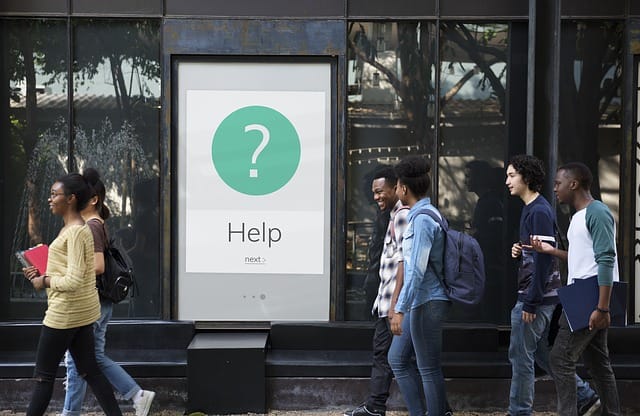Yes. And We Need to Listen.
Is depression really on the rise—or are we just now recognizing its seriousness? According to global health organizations, including the World Health Organization (WHO), depression and suicide rates have shown a steady increase since the 1940s. Today, more parents are waking up to the reality that what may appear as a “teen phase” could actually be a cry for help.
As Ned Vizzini once wrote:
“I didn’t want to wake up. I was having a much better time asleep. And that’s really sad.”
This quote captures what many teens feel but can’t say out loud. And it’s time we, as parents, start truly listening.
Why Depression Is Being Noticed More Now
A study in Pediatrics confirms what many families already sense: teen depression is increasing. But why?
Here’s what experts believe:
-
Greater awareness: More people recognize the signs and are seeking medical help.
-
Improved screening: Schools, doctors, and counselors are more equipped to identify depression than before.
-
Changing stigma: Society is (slowly) becoming more open about mental health, encouraging more teens to speak up.
This doesn’t necessarily mean more teens are becoming depressed—it may mean more are being diagnosed because parents and professionals are finally seeing the signs.
What About High-Functioning Depression?
Today, parents are starting to understand something new: not all depression looks the same.
Some teens:
-
Get good grades
-
Appear happy online
-
Say “I’m fine” even when they’re not
This form of hidden depression, sometimes called high-functioning or smiling depression, can go unnoticed—but it’s still serious.
Why Now? What’s Triggering the Rise?
Researchers suggest many modern-day factors contribute:
-
Chronic stress & illness
-
Poor sleep and diet
-
Too much screen time
-
Social isolation
-
Less physical activity
-
Unrealistic social media comparisons
Even with all our advances in technology and comfort, emotional support and real human connection are often lacking. The rise in depression may simply reflect a generation under pressure—without the tools to cope.
Parents: Your Role Is Critical—Now More Than Ever
Whether rates are truly rising or we’re just noticing them more, what matters most is what we do next.
Here’s how you can help:
✅ Recognize the Signs
-
Changes in sleep or appetite
-
Loss of interest in things they used to enjoy
-
Withdrawal from friends and family
-
Drop in school performance
-
Excessive screen time
-
Irritability, sadness, or unexplained anger
-
Talking about hopelessness, self-harm, or suicide
✅ Take Action Early
Don’t assume they’ll “grow out of it.” Depression is a medical condition that can affect every area of your teen’s life. The sooner you intervene, the better the outcome.
✅ Build a Supportive Environment
Even if you don’t fully understand what they’re going through:
-
Be patient
-
Be present
-
Be open to uncomfortable conversations
-
Don’t judge or lecture—just listen
Depression Isn’t Just a “First World Problem”
Some may argue that depression is just a product of a privileged society—but that’s simply untrue. In fact, many low-income or developing regions struggle more, due to limited mental health services and deeper cultural stigma.
The truth is, mental health affects everyone, everywhere. But in places where conversations about depression are still taboo, many suffer in silence.
No New Antidepressants in 20 Years: What Does That Mean?
With the last major breakthrough in antidepressants happening over two decades ago, access to treatment—not just medication—is vital. Unfortunately, there are not enough mental health professionals to meet rising needs, especially for children and teens.
That’s why parents, caregivers, and educators must be the front line of support.
The Call to Action Is Real
Whether or not depression rates are rising isn’t the real issue. The urgent call is for us to:
-
Take it seriously
-
Talk openly with our children
-
Encourage healthy habits
-
Seek professional help without delay
As a parent, you can’t control everything in your teen’s world—but you can create a home that feels safe and supportive. A home where they feel seen, heard, and loved unconditionally.
Final Word: Show Up. Speak Up. Stay Close.
The statistics may be alarming, but they’re not meant to scare you—they’re meant to wake us up. Behind every number is a real person—a real teen—who needs someone to notice.
You don’t need to have all the answers.
Just be willing to say:
“I’m here. You matter. We’ll get through this together.”


